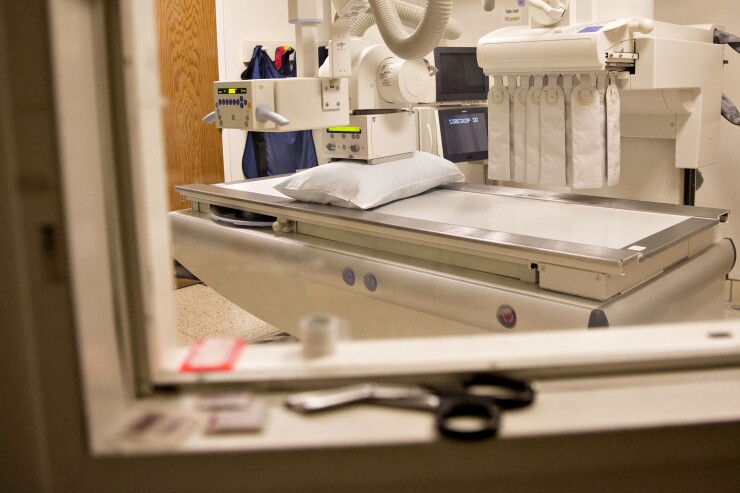The Dana-Farber Cancer Institute is teaming up with Kronos to offer the workforce management tools provider a benefit that gives employees and their families access to oncology care navigation services.
As part of the program, each employee receives patient navigation assistance, highly specialized clinical care, and an expert team to help guide the employee or their loved one through every phase of their cancer diagnosis. Kronos is the first company to offer employees the Dana-Farber Direct Connect benefit. The cancer treatment center is in talks to expand the program to other employers in the greater-Boston area and eventually nationwide.
“Working with large employers is a unique way that we could bring Dana-Farber cancer care to more patients,” says Dr. David Dougherty, medical director for the Dana-Farber Network. “One of the pain points we’re trying to solve for employers is getting their employees the right care quickly.”
Roughly 1.8 million people were diagnosed with cancer in the U.S. in 2019, according to data from the National Cancer Institute. An estimated 606,880 people died from various forms of the disease last year. Employee wellness has become a top priority for employers over the years, with 58% of employers offering employees some type of wellness benefit.
Through the Dana-Farber benefit all 4,000 U.S.-based Kronos employees and their beneficiaries will have access to a dedicated phone line and email that is staffed by experienced liaisons who are trained to support the needs of each patient. Kronos has about 6,000 employees globally and is considering expanding the benefit to its entire workforce. These experts can help identify the right treatment options, facilitate appointments, and access support services based on the cancer type.
Competition for talent among employers across a variety of industries is fierce and thanks to different technology employees are able to be more mobile in their careers and make choices that may not have existed 20 years ago. As such employers are tasked with finding differentiated benefits to attract and retain that talent.
“It takes forward thinking on the part of the organization to see how this can benefit their employees, and it takes an organization that knows what their employees need,” Dougherty says.
As an organization Kronos realized it needed a cancer-care benefit after a number of employees came forward to reveal their own cancer diagnosis or that of a loved one, says Chief People Officer David Almeda.
“It made so much sense because it addressed such a critical pain point for employees that clearly was not only a need from a medical standpoint but a need from an emotional standpoint,” Almeda says.






